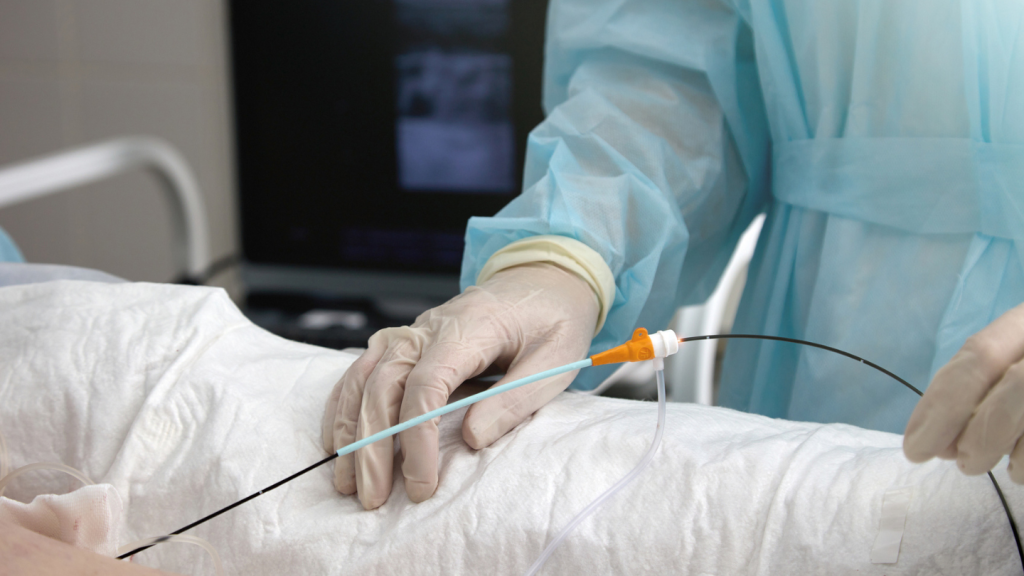
In another win for Genprex's Reqorsa immunogene therapy, The US Food and Drug Administration (FDA) has granted it an orphan drug designation for the treatment of small cell lung cancer (SCLC).
The news follows the FDA's fast track designation for the therapy in combination with Genentech’s Tecentriq for patients with extensive-stage SCLC in June.
Reqorsa also possesses fast track designations for two other approaches for treating non-small cell lung cancer (NSCLC) – one with AstraZeneca’s Tagrisso and the other when combined with MSD’s Keytruda. The Reqorsa/Tagrisso combination recently advanced to a Phase II trial.
The orphan drug designation means that the therapy will have a more streamlined road to market with tax credits and speedier development. There is also the potential for seven years of post-approval marketing exclusivity. Combined with the breakthrough designations, the FDA is homing in on bringing treatment options to market for patients with SCLC, extensive-stage SCLC, and non-SCLC.
Reqorsa or quaratusugene ozeplasmid works by re-expressing the protein TUSC2 – which is either reduced or completely absent in SCLC cells. Expression of the protein can decrease cell growth, induce cell cycle arrest and promote cellular apoptosis.
In a statement announcing the news, Genprex said it expects to initiate the Acclaim-3 clinical trial (NCT05703971) investigating the Reqorsa and Tecentriq combination therapy in Q4 2023. The Phase I/II open-label, dose-escalation and clinical response study will evaluate the combination therapy’s effectiveness in patients with extensive-stage SCLC who did not initially respond to Tecentriq and chemotherapy.
If effective, Reqorsa could become a popular treatment option in the SCLC space – with current options being limited. A 2021 analysis by GlobalData says that the disease area has suffered from a high rate of late-stage clinical failure. The market for SCLC treatments is forecasted to reach $2.3bn by 2029.
Genprex president, chairman and CEO Rodney Varner said: “This FDA orphan drug designation in combination with our recently received FDA fast track designation underscores the great need for better treatment options for patients with SCLC, extensive stage-SCLC and non-SCLC.”
Cell & Gene Therapy coverage on Pharmaceutical Technology is supported by Cytiva.
Editorial content is independently produced and follows the highest standards of journalistic integrity. Topic sponsors are not involved in the creation of editorial content.
















